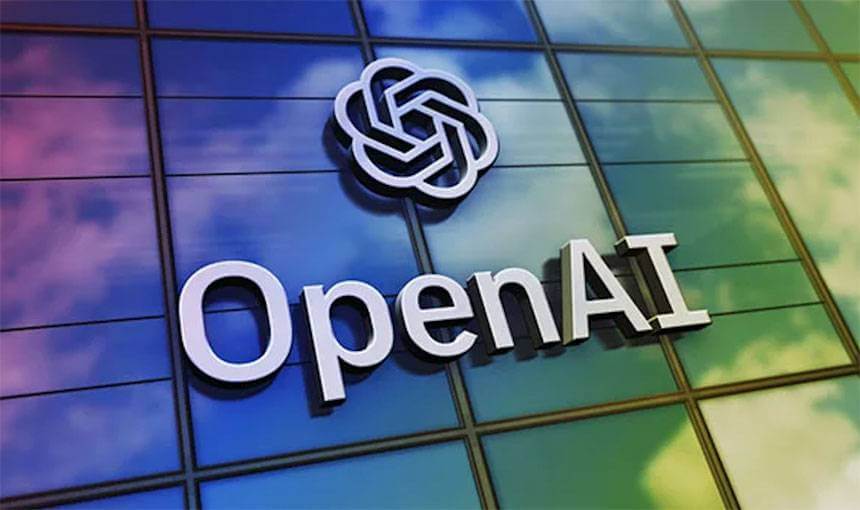OpenAI's ambitious foray into hardware, spearheaded by a collaboration with renowned designer Jony Ive, is facing an unexpected challenge: a trademark dispute that could potentially disrupt the development and launch of their highly anticipated AI device. The partnership, which involves a reported $6.5 billion investment, aims to create a revolutionary AI-powered device that moves beyond traditional interfaces like smartphones and wearables. However, a legal battle over the name "io," the name of Ive's company acquired by OpenAI, threatens to derail these plans.
The dispute stems from a trademark complaint filed by iyO, a hearing device startup backed by Google's X moonshot lab. iyO alleges that OpenAI and LoveFrom, Ive's design firm, were aware of iyO's in-ear computing device and even requested a demonstration, before launching their own hardware efforts under the name "io". iyO claims that OpenAI and LoveFrom are "blatantly and knowingly usurping iyO's goodwill," causing market confusion and disrupting iyO's business plans.
In response to the complaint, a U.S. District Judge issued a temporary order restricting OpenAI, Ive, and Altman from using the "io" mark or any confusingly similar mark in connection with marketing or selling related products until a hearing in October 2025. Consequently, OpenAI has removed all mentions of "io" from its website and social media pages, including a promotional video featuring Ive and OpenAI CEO Sam Altman. OpenAI maintains that it disagrees with the complaint and is reviewing its options, while Ive's spokesperson has called the lawsuit "utterly baseless".
Despite the legal setback, OpenAI has clarified that the partnership with Ive remains intact. The focus remains on product development and integration, with branding issues set aside until the legal matter is resolved. Tang Tan, io's co-founder and chief hardware officer, stated in a court declaration that the device is "not an in-ear device, nor a wearable device," and is at least a year away from launch, pushing any potential release to 2026 or later.
The trademark dispute has provided some insights into the secretive AI device project. While details are scarce, it is expected to be a pocket-sized, screenless device that is contextually aware, gathering information from its surroundings through built-in cameras and microphones. The device will likely run on OpenAI's latest AI model, enabling it to interact with users and communicate with other devices. Sam Altman has described the device as a "third core device" alongside smartphones and laptops, small enough to fit in a pocket or sit on a desk. The goal is to create a device that transcends traditional interfaces and offers a novel way to engage with AI.
The outcome of the trademark dispute remains uncertain. While OpenAI is barred from using the "io" name until the hearing in October, the company is expected to continue product development and integration efforts. The legal battle highlights the challenges and complexities involved in launching new products in the competitive tech industry, particularly when branding and intellectual property are at stake. As OpenAI and Jony Ive navigate this legal hurdle, the world awaits the unveiling of their revolutionary AI device, which promises to redefine how humans interact with technology.

















